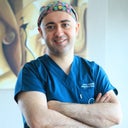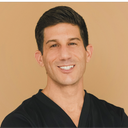Safety is the most important consideration when undergoing any surgical procedure. Ensuring that a patient is physically prepared and healthy enough for surgery helps minimize risks during the procedure and in the recovery process. Pre-operative tests, such as blood work, EKGs, and other assessments, are essential tools that allow the surgical team to evaluate overall health, identify potential issues, and make informed decisions.












